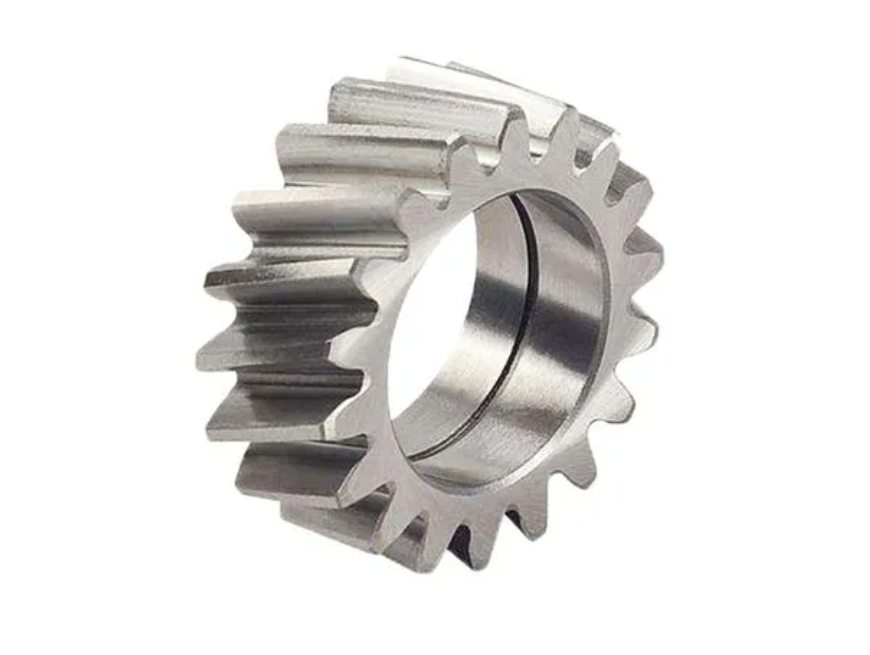The maintenance of helical gear is crucial for ensuring industrial efficiency, and its importance cannot be overstated. Here are key reasons why regular and proper maintenance of helical gear is vital in an industrial setting:

- Preventing Gear Wear and Tear: Regular maintenance helps in identifying and addressing the usual wear and tear that helical gear undergo. This includes checking for tooth wear, surface fatigue, and any form of deformation. Catching these issues early prevents more serious damage and extends the lifespan of helical gear.
- Ensuring Smooth Operation: Helical gear is valued for their smooth and quiet operation. Maintenance checks can identify issues like misalignment or improper meshing, which can cause noise and vibration. By rectifying these issues, the smooth operation of the machinery is maintained, which is essential for both efficiency and worker comfort.
- Avoiding Unscheduled Downtime: One of the biggest costs in industrial operations is unscheduled downtime due to equipment failure. Regular maintenance of helical gear helps in predicting and preventing failures, thus minimizing downtime and its associated costs.
- Maintaining High Efficiency: Helical gear is more efficient than other gear types due to their design, but this efficiency can be compromised by poor maintenance. Regular lubrication, cleaning, and inspection ensure that helical gear operate at their optimal efficiency, which is crucial for energy savings and overall performance.
- Safety Considerations: Faulty or poorly maintained gear can pose a significant safety risk, especially in heavy machinery. Regular maintenance ensures that helical gear is functioning safely, thereby protecting workers and preventing accidents.
- Cost Savings in the Long Run: While regular maintenance incurs some cost, it is far less expensive than the cost of repairing or replacing gear that have failed due to neglect. Moreover, well-maintained gear contribute to the overall efficiency and productivity of the machinery, thereby saving costs indirectly.
- Adapting to Operational Demands: Industrial settings can change over time, and gear might be subjected to different loads and operational conditions. Regular maintenance helps in adapting and recalibrating helical gears for these changing conditions, ensuring that they continue to function effectively.
In summary, the importance of helical gear maintenance in industrial settings lies in its ability to enhance efficiency, prevent downtime, ensure safety, and save costs in the long term. A well-maintained gear system is integral to the smooth and efficient operation of industrial machinery.
